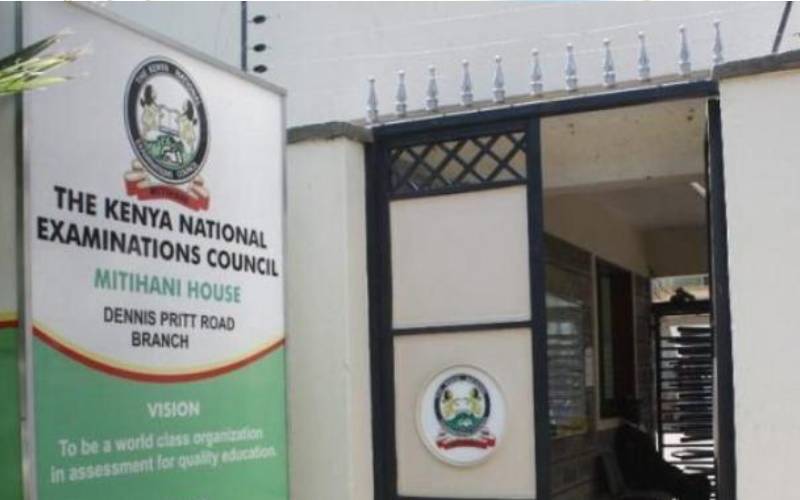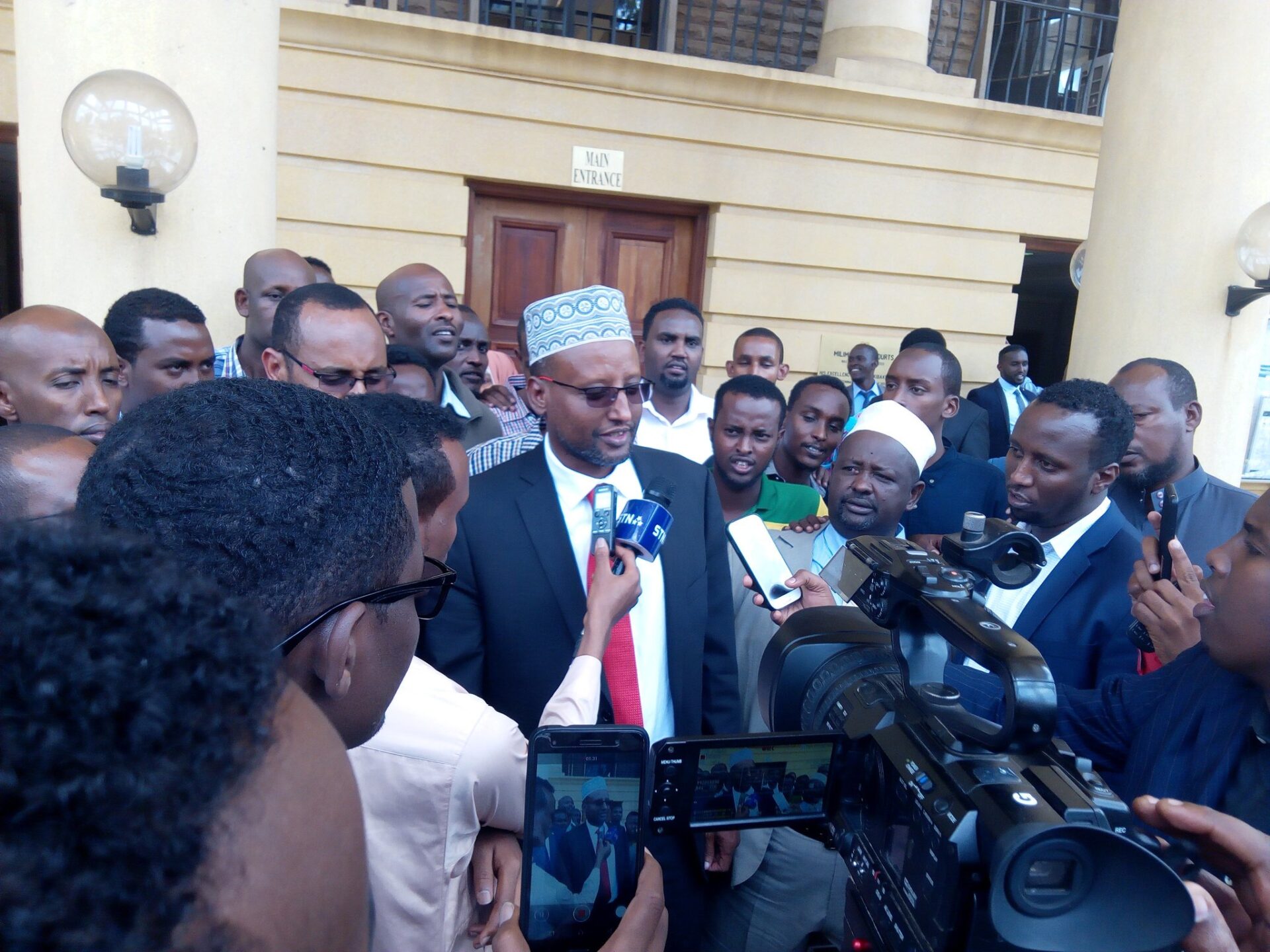The Kenya National Examinations Council (KNEC) is once again under fire—this time not over exam cheating or delayed results, but for something far more bizarre: losing its own land title deed.
In a bizarre twist of events, KNEC publicly confessed through a MyGov notice that the grant title for land parcel LR. No. 209/6900 is missing.
The council called on members of the public to help recover it, urging anyone who comes across the document to return it to their South C offices or the nearest police station.
The revelation triggered outrage across the country, with Kenyans questioning how such a powerful and well-funded state institution could misplace a legal document that validates its ownership of prime land.

KNEC’s Lost Title Deed Exposes Deep-Rooted Institutional Negligence
KNEC’s original notice sparked widespread concern. For days, speculation grew that the lost deed could be tied to its South C headquarters or the high-value property along Dennis Pritt Road.
Trying to calm the storm, KNEC issued a follow-up clarification on July 2, stating the lost title was not linked to either of those properties but rather to an older parcel in Kileleshwa.
“This title is neither for KNEC headquarters in South C nor for the Dennis Pritt land,” the council explained. “It is an old case for a piece of land in Kileleshwa. The Ministry of Lands advised that they cannot replace the title without exhausting all avenues of search and recovery, including this gazette notice.” But the damage was already done.
Instead of reassurance, the statement added fuel to the fire. Why had such a sensitive matter not been resolved quietly and internally? Why rely on the public to retrieve a government-issued document of such high value?
Critics quickly noted that this wasn’t an isolated case. In September 2024, the government admitted that at least 366 title deeds had gone missing under unclear circumstances, declining to accept responsibility for any illicit land transactions that may have occurred as a result.
Public Trust in Government Record-Keeping Hits New Lows
Kenyans are no strangers to government inefficiency. But losing land titles is a new low—one that calls into question the management of public assets and institutional memory.
A grant title isn’t just a piece of paper. It is the only official record confirming legal ownership of land in Kenya. For an institution like KNEC, which manages high-stakes national exams and oversees millions of shillings in government investments, losing this document raises serious red flags.
Public institutions are expected to lead by example. That includes safeguarding their assets—especially immovable ones like land. A missing title deed throws open the door to land grabbing, legal disputes, and stalled developments. Even routine land use—like constructing new buildings or fencing—can be blocked due to lack of proof of ownership.
KNEC’s public call for help reads less like due diligence and more like desperation. What happens if someone finds the deed and refuses to return it? Or worse, if it ends up in the hands of land cartels?
The government’s past record doesn’t inspire much confidence. In many cases, land disputes have dragged on for decades simply because of paperwork gone missing or tampered with. If the Kenya National Examinations Council can’t keep its house in order, how can ordinary Kenyans trust the state to protect their land rights?
The Bigger Problem of Institutional Complacency
KNEC’s case is not just about one title deed. It exposes a broader culture of carelessness in public institutions. From mismanaged budgets to lost documents, the message is clear: accountability is still optional in Kenya’s public service.
Despite the backlash, no KNEC official has taken responsibility for the missing title. There has been no promise of an internal investigation, no suspension of staff, no plan for better record-keeping moving forward. Just a passive statement and a vague appeal to the public’s goodwill.
It is the same script used in scandals involving lost medical supplies, vanished public funds, and collapsed public infrastructure. Admit, deflect, move on. But Kenyans are no longer buying it.
The public wants consequences. They want institutions like KNEC to take ownership—both literally and figuratively—of their duties. A land title can’t simply “go missing” in a secure, professional environment unless someone somewhere dropped the ball or deliberately looked the other way.












































